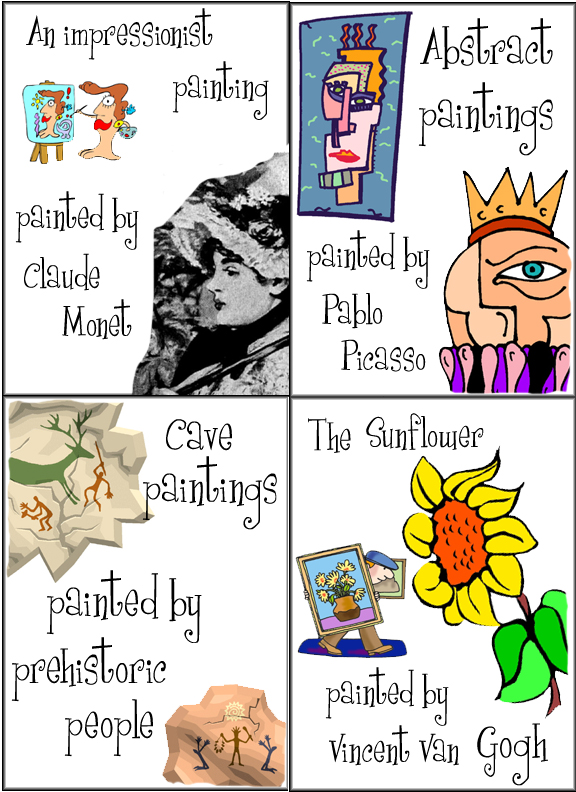He inclòs un petit resum de les conferències i xerrades a les que vaig assistir durant les jornades de professors d’ anglès de l’ APAC. Com a excepció, el redactat és en anglès facilitar la lectura a les famílies que vulguin llegir els comentaris:
- Primera sessió: exposició del professor David Graddol sobre el creixement de les llengües i el paper de l’ anglès com a llengua franca. Les seves explicacions giren al voltant del seu llibre English next, que es pot baixar gratuïtament des d’ aquesta pàgina del British Council. Segons les seves dades, tots els països que fa 30-40 anys van començar a prendre’s seriosament l’ aprenentatge de l’ anglès ho han aconseguit fa poc (Holanda, Finlàndia, Singapur…).
- Segona sessió: Hugh Dellar presenta un recorregut biogràfic de com va passar d’ ensenyar gramàtica pura i dura a adonar-se de què la millor manera d’ ensenyar anglès real era a través del vocabulary.

 Spam is a word that can be translated as ‘correu no desitjat’. The origin of this word is quite curious. It was invented by the Monty Python, a group of British comedians, in an improvised act.
Spam is a word that can be translated as ‘correu no desitjat’. The origin of this word is quite curious. It was invented by the Monty Python, a group of British comedians, in an improvised act.